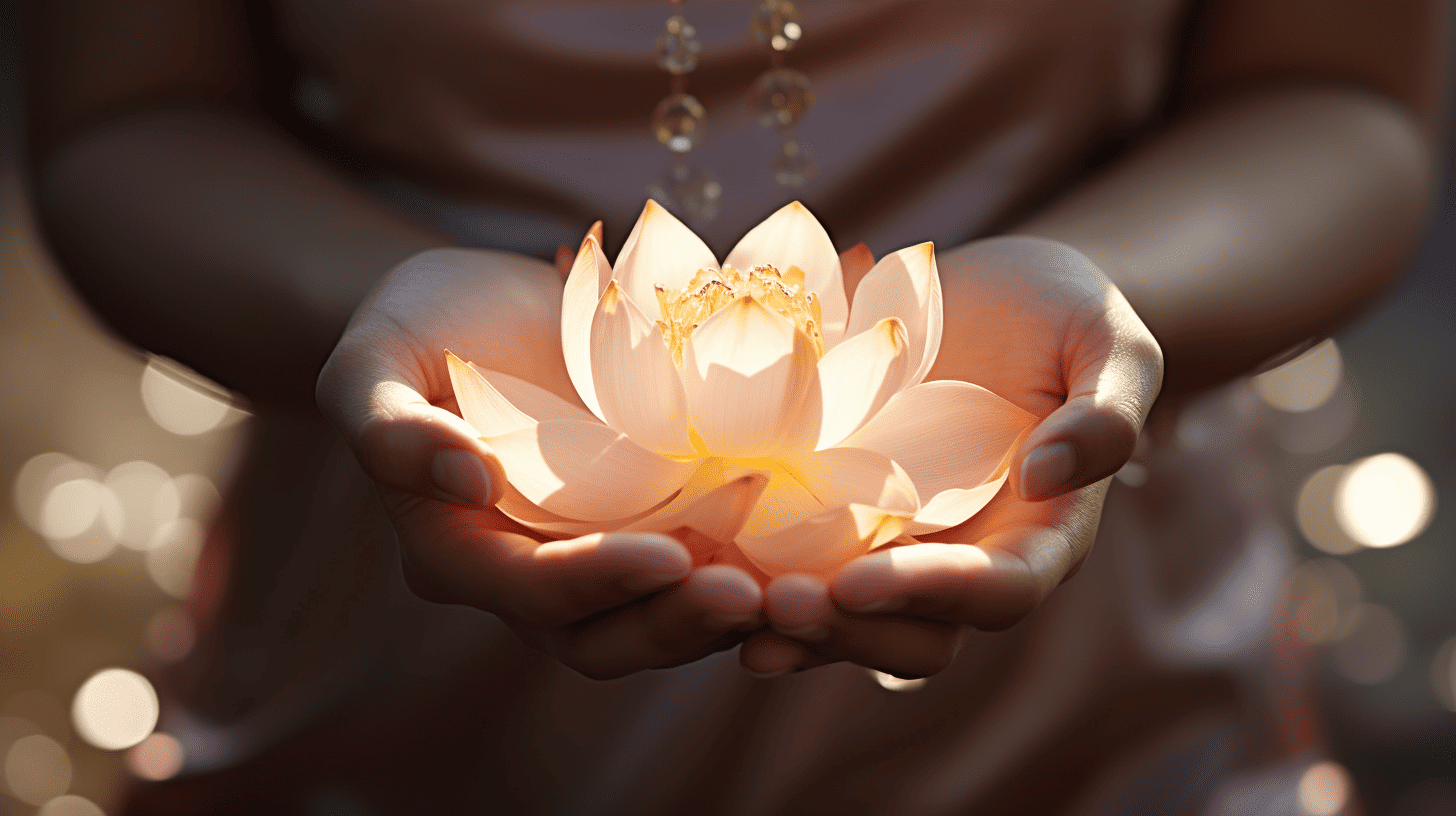What Does Mindfulness Mean?
What Does Mindfulness Mean?
Blog Article
The 7-Second Trick For Diversity
Table of ContentsThe Single Strategy To Use For SpiritualityThe Definitive Guide for EnlightenmentThe 7-Second Trick For Spiritual InsightsWhat Does Mindful Consciousness Mean?The Buzz on MeditationEnlightenment - The FactsThe 4-Minute Rule for Awareness
Image: Thinkstock You can't see or touch stress, but you can feel its effects on your mind and body. In the brief term, tension quickens your heart rate and breathing and increases your blood pressure.Though you might not be able to get rid of the roots of tension, you can decrease its results on your body. Among the simplest and most achievable stress-relieving techniques is meditation, a program in which you focus your attention inward to induce a state of deep relaxation. The practice of meditation is thousands of years old, research on its health benefits is fairly brand-new, but promising.
Awareness Fundamentals Explained
For anxiety, meditation was about as reliable as an antidepressant. Meditation is thought to work through its results on the considerate worried system, which increases heart rate, breathing, and blood pressure throughout times of stress.
It's the foundation for other forms of meditation. includes silencing the mind and bringing the awareness to the heart, an energy center in the middle of the chest. motivates you to focus objectively on negative thoughts as they move through your mind, so you can attain a state of calm.
The smart Trick of Mindful Consciousness That Nobody is Discussing

Lots of meditation classes are complimentary or economical, which is an indication that the instructor is truly devoted to the practice. The beauty and simpleness of meditation is that you don't require any equipment. All that's required is a peaceful space and a few minutes every day. "Start with 10 minutes, and even dedicate to five minutes two times a day," Lennihan states.
That way you'll establish the routine, and pretty soon you'll constantly meditate in the early morning, simply like brushing your teeth. Mindfulness." The specifics of your practice will depend on which type of meditation you select, but here are some general standards to get you started: Reserve a location to practice meditation
The Best Strategy To Use For Spirituality
Surround your meditation area with candle lights, flesh flowers, incense, or any things you can utilize to focus your practice (such as a photo, crystal, or religious symbol). Sit easily in a chair or on the floor with your back straight. Close your eyes, or focus your gaze on the things you've selected.
Keep your mind focused inward or on the item. If it wanders, gently steer it back to. Breathe peace and quiet into your heart and mind. "While you're breathing out, picture your breath as a river or a tide that's bring your thoughts away," Lennihan states. You can likewise shout out loud.
" Shouting aloud can assist muffle thoughts," Lennihan states. Within simply a week or 2 of routine meditation, you ought to see an obvious change in your mood and tension level. "People will begin to feel some inner peace and inner grace, even in the midst of their busy lives," states Lennihan.
Diversity for Dummies

Studies have actually shown that practicing meditation regularly can help eliminate symptoms in people who suffer from persistent pain, however the neural mechanisms underlying the relief were uncertain. Now, MIT and Harvard scientists have discovered a possible description for this phenomenon. In a research study released online April 21 in the journal Brain Research Publication, the researchers discovered that individuals trained to meditate over an eight-week duration were much better able to control a particular kind of brain waves called alpha rhythms.
" Our information suggest that meditation training makes you better at focusing, in part by permitting you to better regulate how things that develop will impact you." There are several various kinds of brain waves that assist regulate the flow of information between brain cells, comparable to the method that radio stations transmitted at particular frequencies.
Mysticism Can Be Fun For Anyone
The alpha waves help suppress irrelevant or distracting sensory information. A 1966 study revealed that a group of Buddhist monks who practiced meditation frequently had raised alpha rhythms across their brains. In the new study, the researchers focused on the waves' function in a particular part of the brain cells of the sensory cortex that process tactile details from the hands and feet.
Half of the individuals were trained in a strategy called mindfulness-based tension decrease (MBSR) over an eight-week duration, while the other half were told not to meditate. The MBSR program calls for participants to meditate for 45 minutes per day, after a preliminary two-and-a-half-hour training session - http://www.video-bookmark.com/bookmark/6130086/spiritual-sync/. The subjects listen to a CD recording that guides them through the sessions
The Of Spirituality
" They're really finding out to keep and manage their attention throughout the early part of the course - Mysticism. For try this site instance, they discover to focus continual attention to the feelings of the breath; they also discover to engage and focus on body sensations in a particular area, such as the bottom of the feet, and then they practice disengaging and moving the focus to another body area," says Catherine Kerr, an instructor at Harvard Medical School and lead author of the paper.
Report this page